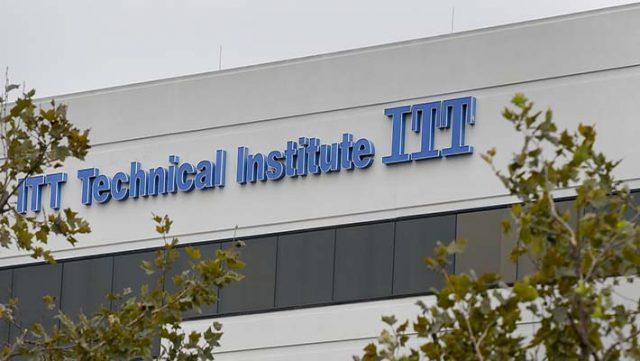By SheriLee Norris/ reporter
Many students need help but may be afraid to ask for it, SE students learned Sept. 8
“If you think about it, glasses are a form of assistive technology,” said Kaleb Cameron, SE Student Accessibility Resources coordinator. “I wouldn’t go to class without my glasses on, would I? Almost everybody needs something. There is no stigma in asking for help.”
Although the title of the presentation was Learning with a Disability, the SAR office works with students to help develop their capabilities, not emphasize what they can’t do.
This specific discussion focused on some of the invisible disabilities students have. For example, one would not know by looking at them that they have any type of difference. They make up approximately 50 percent of students served at TCC’s SAR offices.
The most common include reading issues such as dyslexia, ADHD, autism spectrum disorders, written expression and math skills. Cameron said the office meets with students each semester to decide what type of assistance they may need. However, he stressed that students must be willing to advocate for themselves.
“If you need help, ask for it,” he said.
Students are often unfamiliar with the numerous types of academic adjustments or specific accommodations that can be made. Some of the most common accommodations include alternative testing, note-taking, furniture, software and equipment, interpreting/CART, alternate format text and preferential seating.
“There are different ways to demonstrate learning,” he said, “and we exist to help students succeed.”
All information shared with SAR is confidential and does not show up on transcripts. Students with some form of documentation regarding a disability or suspect they have one of these issues are encouraged to stop by the SAR office on their home campus for advisement.





























